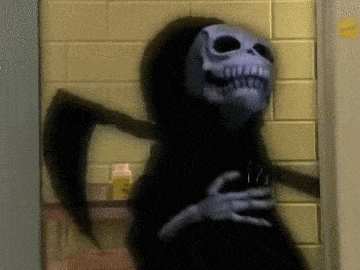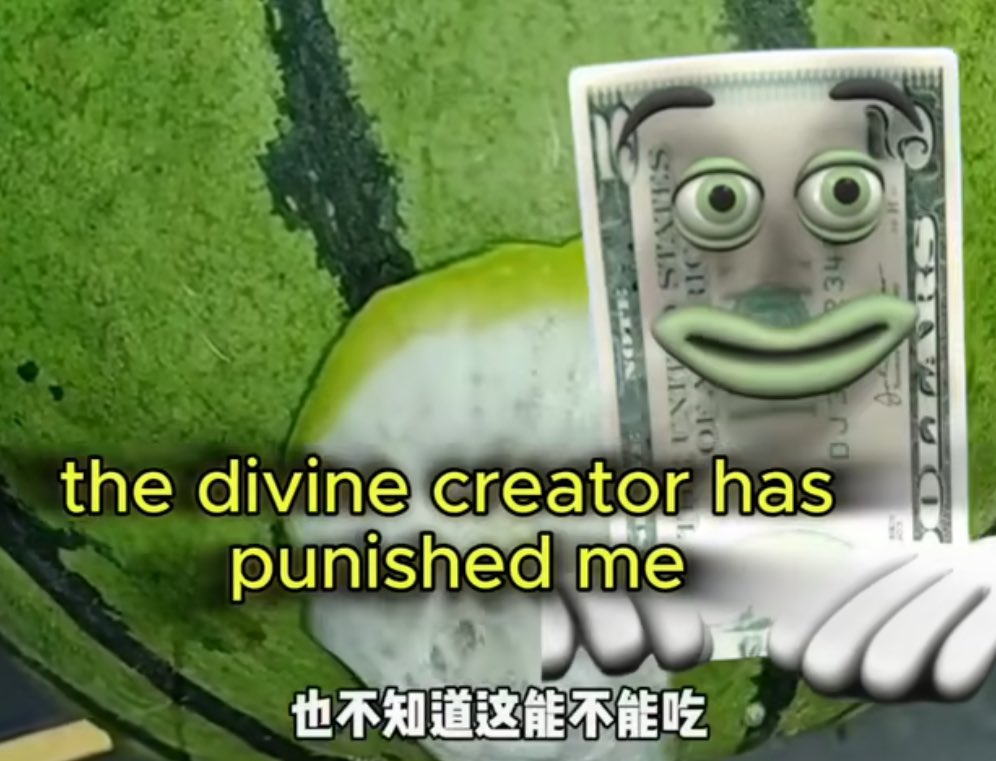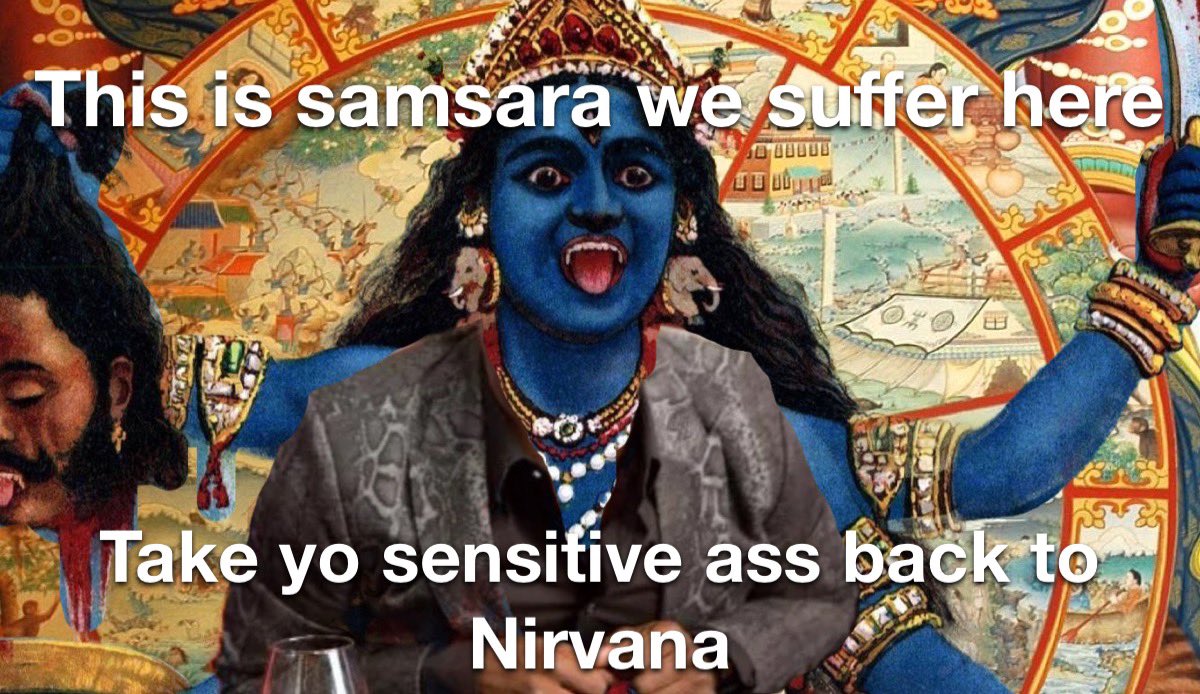How we die is a reflection of how we live.
I have thought about death way too much: since I was a small child, I was aware of the absolute certainty of my death. The prospect of dying an unnatural death has kept up at night, however small a chance that may be.
I used to think that after death, there would be nothing, a void of non-existence. I didn't grow up with religion, it was something I had sought out. While it is fundamentally unknowable, I no longer think that it is nothing.
The pain of dying

Perhaps what most people fear the most isn't the actual moment of death, but the pain and suffering leading up to it. To the severely depressed, death is an escape. A quick, painless death caused by mixture of opiates and barbituates, doesn't seem too bad compared to the alternatives, or instant vaporization from high-yield explosives.
The cessation of suffering caused by death may only be temporary, a fear that is present in most religions. A realm of eternal suffering, or Hell, where sinners go to suffer forever. This is something I've always doubted about the Abrahamic religions, the concept of eternal punishment for rather arbitrary behavior in life, and the converse of allowing the most wicked sinners into Heaven is equally baffling.
Near-death experiences
There are institutions which research this subject, and a lot of common experiences recur, such as the life review, faint tunnel of light, astral projection, and communion with the dead. Since patients are able to recall these experiences, it implies some sub-conscious brain activity, as the brain doesn't immediately shut down once blood circulation stops.
It's also been rumored that endogenous DMT is released within the brain when approaching death, which may cause these hallucinatory experiences. Someone who dies a quick, traumatic death might not get to experience this if the source of this qualia is the brain.
What's most interesting is that these experiences are remembered from beyond the veil of death. However, there is no other way to know what is after death other than to experience it. It isn't fundamentally unknowable, as we'll all get to find out, but it is so unnerving that God taunts us with so many unknowns.
Karma

Many religions incorporate the concept of doing good deeds in life, which may only be rewarded in the afterlife. It goes without saying that behaving in a moral way often goes unrewarded in life, this is deferred gratification beyond what is rational.
I am not a vengeful person in life, but in death, I would hope that there is cosmic judgment cast upon those who harmed me in life. Perhaps this is immaterial since I would already be dead, but since life is so unfair, I would hope that there is cosmic justice. Human judicial systems are by default unethical, immoral, and corrupt; it would be disappointing if that's all that exists, with no higher authority.
"Thou shalt not kill" is so casually violated when it comes to the state's monopoly on violence. Impersonal murder in warfare and law enforcement is celebrated by the most vile of cultures. Those who are celebrated in life, often deserve eternal punishment in death.
Afterlife

So many theories on what happens after death. Here's my tier list:
- S tier: nothing, Pure Land.
- A tier: Heaven, Nirvana, paradise.
- B tier: Jannah, demi-god realm.
- C tier: human reincarnation, Sheol, purgatory, limbo.
- D tier: animal reincarnation.
- F tier: Hell, hungry ghost realm.
What I find unconvincing about most positive conceptions of an afterlife is that they are loosely based on worldly hedonism. A heaven where the righteous get to indulge in their sins, must get boring after a while. An afterlife that is basically being drip-fed a powerful concoction of drugs to constantly feel happy, can't actually be that great.